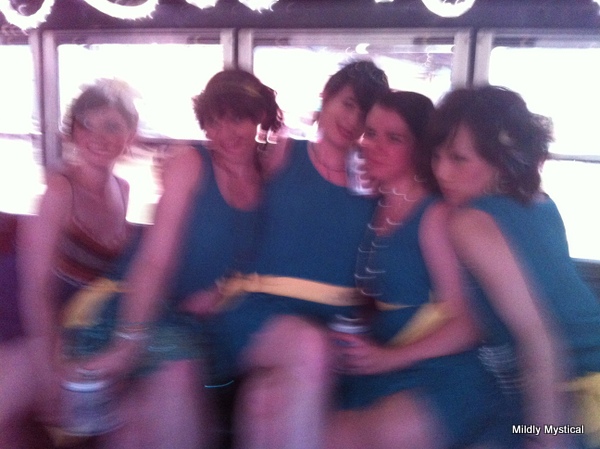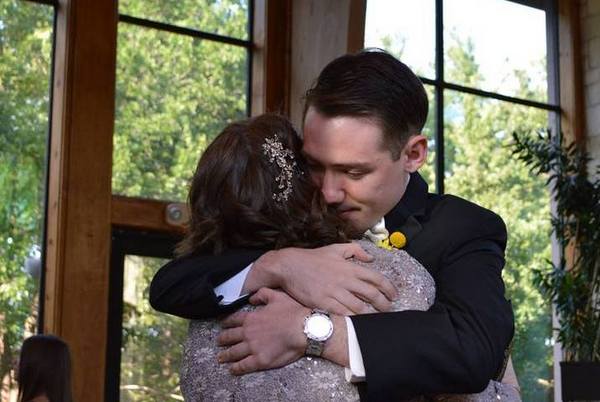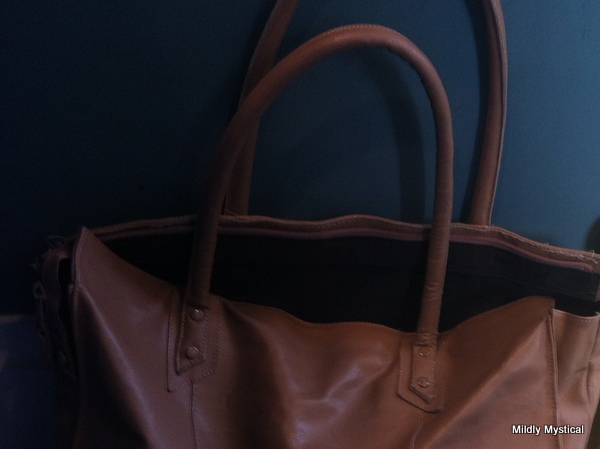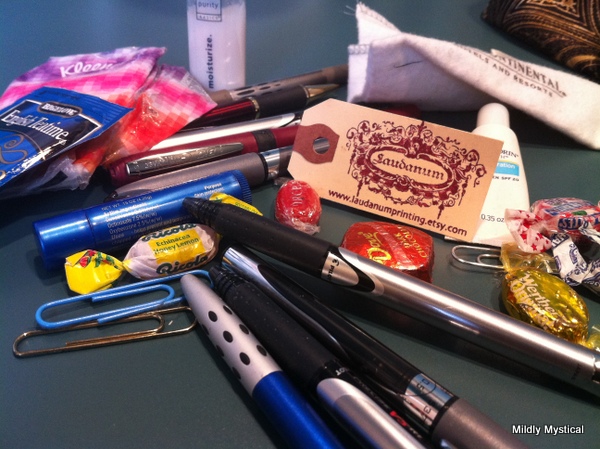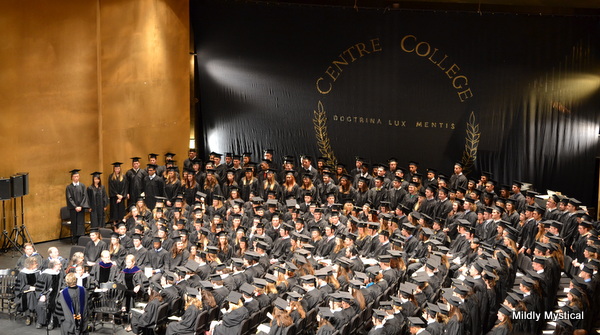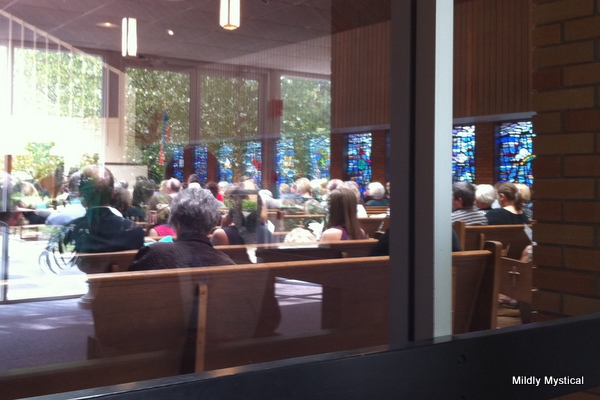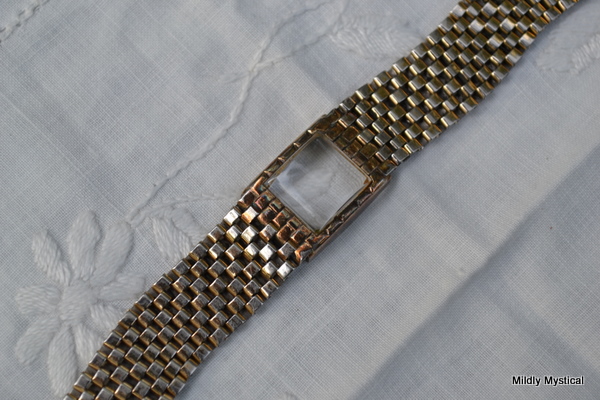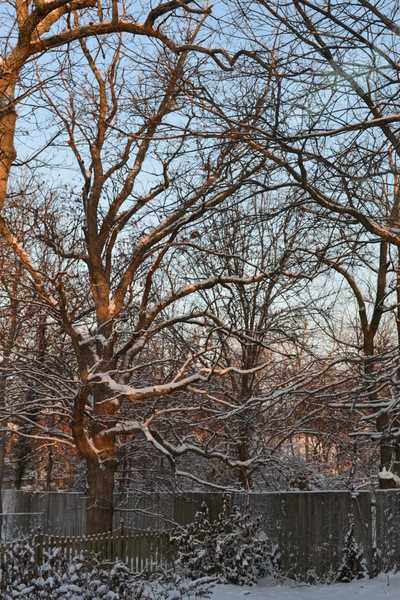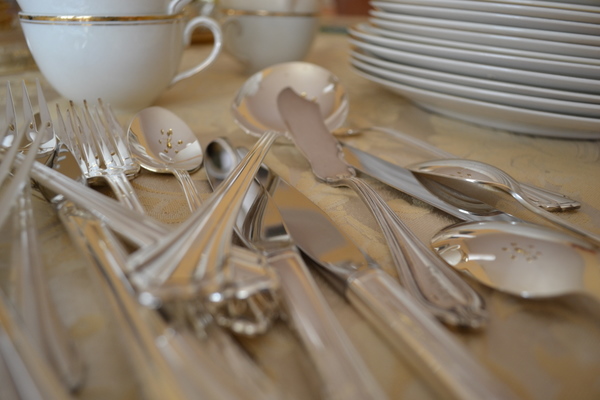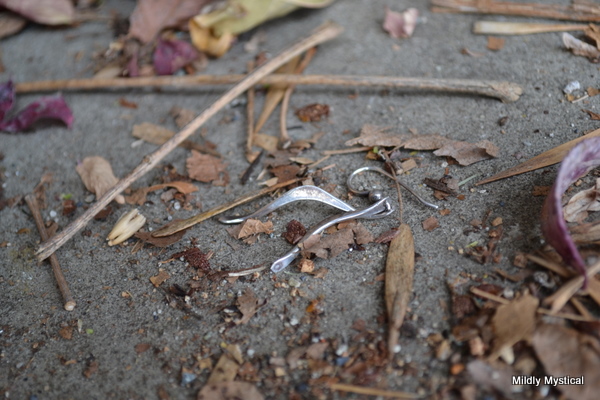I’ve been waiting for pictures this week—something I haven’t done in a long time. The digital world has made images so immediate, it’s easy to forget what it’s like to anticipate them. But I wanted to be entirely present for my son’s wedding this past weekend in a way that is not possible behind the lens of a camera. Happy to be there amid so much love and celebration, I was glad to leave the photography of the wedding and reception to others. This photo is one of the last I took, on the way to the wedding with the bridal party.
In the meantime, my memories have been fluid, nebulous, undefined by the images that usually arrive almost instantaneously to anchor a special moment. Emotion colors the scenes I remember, like a gauzy filter on a lens or the highlighting of a face, a smile, the fringe of a dress, with a round, lightened spotlight in a crowded field of vision. A diminutive Swiss army knife pressed into duty for the tiny scissors embedded on its side. There will be no pictures of exactly what I remember, and those are the ones I want to catalog before the jpgs arrive, filling this space in my mind.
Daisies dropped gingerly up the aisle, strewn in a careful zigzag by a beautiful flower girl, who in her desire to do well was perfect. My daughter’s “I love you” to her brother as she walked with the bridesmaids, a handkerchief of my grandmother’s fluttering from the bride’s bouquet to the chancel step, my son’s eyes welling with emotion, hearing “let’s do this” as the beautiful couple held hands to face each other with excitement, strength, and humor. No hesitation. Tuesday night date night forever. They are so young, life presses hard, but they value what matters. The exchange of handkerchiefs as well as vows. Gathering as “part of something greater than all of us.” The joy of sunflowers.
A room transformed with wide blue ribbons the color of the Caribbean Sea, with delicate white branches and glimmering lights. A dance with my son, “You Are the Sunshine of My Life,” his saying “I’m happy” as he radiated joy enough to share, a hug that embraced all our life together. A jazz band calling couples to the dance floor, gaining momentum, carrying the young dancers, then driving them, faster and faster, not missing a beat, beads twirling, until the dance could almost transcend their bodies, as movement, rhythm rose into the air flying on outflung limbs, thrown from fingertips, everything left behind, nothing existent outside of this moment, nothing held back, everything lived.

